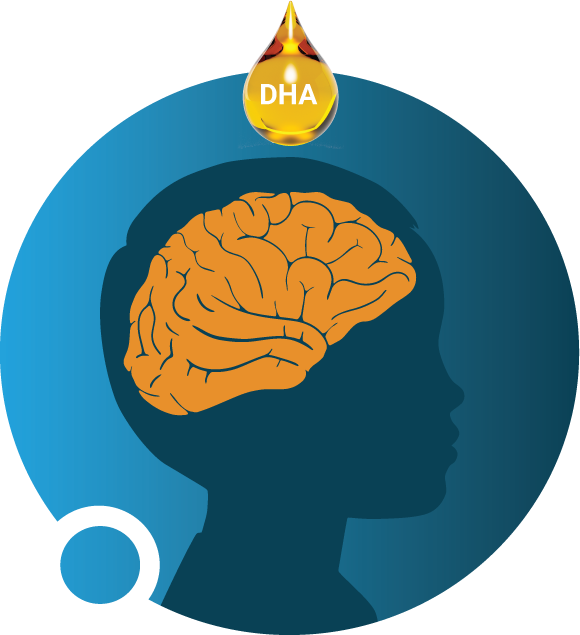
Omega-3 DHA increases the intelligence quotient (IQ) in children born prematurely
Background
Among omega-3 long chain poly unsaturated fatty acids in the brain (n-3 LCPUFA), DHA accounts for the largest fraction (~40%). During the last trimester of pregnancy, the foetus is estimated to acquire ~60mg/day of n-3 LCPUFA. Infants born before 29 weeks’ gestation do not receive the normal supply of DHA which may contribute to poorer cognitive outcomes.
Aim
To describe neurodevelopmental outcomes in the children at five years of age, who had been enrolled in the N3RO (The N−3 Fatty Acids for Improvement in Respiratory Outcomes) trial.
Methods
The N3RO trial was a randomized, controlled trial where infants born before 29 weeks’ gestation were randomly assigned to receive a high-DHA emulsion delivering 60 mg of DHA /kg/day or a control emulsion (soy based) until 36 weeks or discharge home, whichever occurred first.
The children in the follow-up study included 241 in the DHA group and 239 in the control group who were assessed at 5 years of corrected age to determine their full-scale intelligence quotient (FSIQ) score.
Results
The mean FSIQ score at 5 years of corrected age was approximately 3.5 points higher among those who had received neonatal DHA supplementation than among those who had received a control emulsion.
Conclusion
An enteral emulsion of DHA (Premneo) at a dose of 60 mg per kilogram per day was associated with modestly higher FSIQ scores at 5 years of age among infants born before 29 weeks’ gestation than a control emulsion.
Reference
Gould, J.F., et al., Neonatal Docosahexaenoic Acid in Preterm Infants and Intelligence at 5 Years. New England Journal of Medicine, 2022. 387(17): p. 1579-1588.

